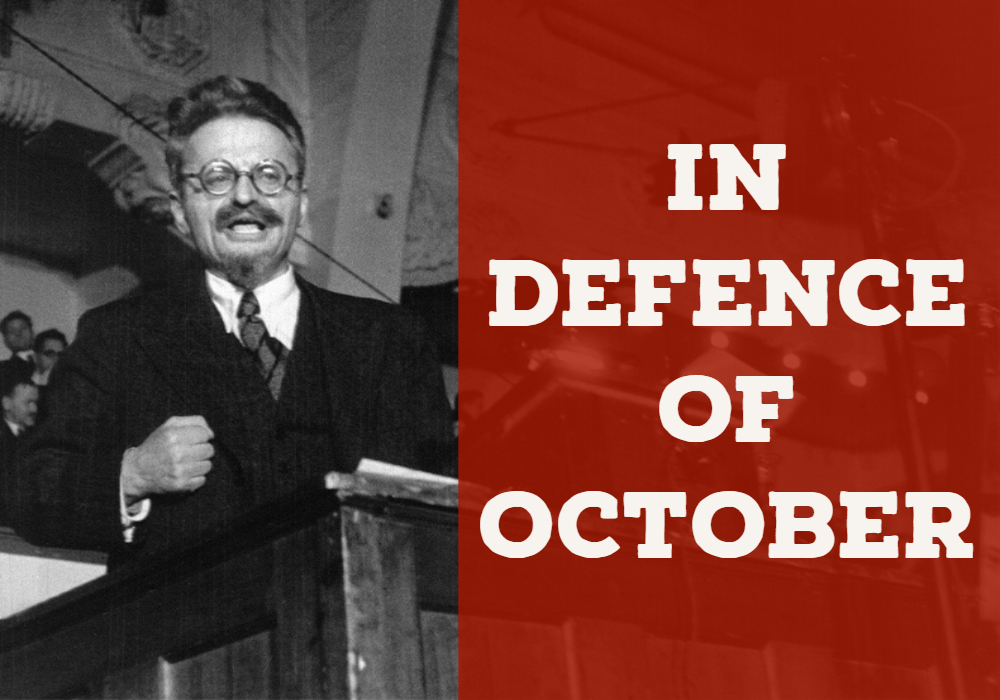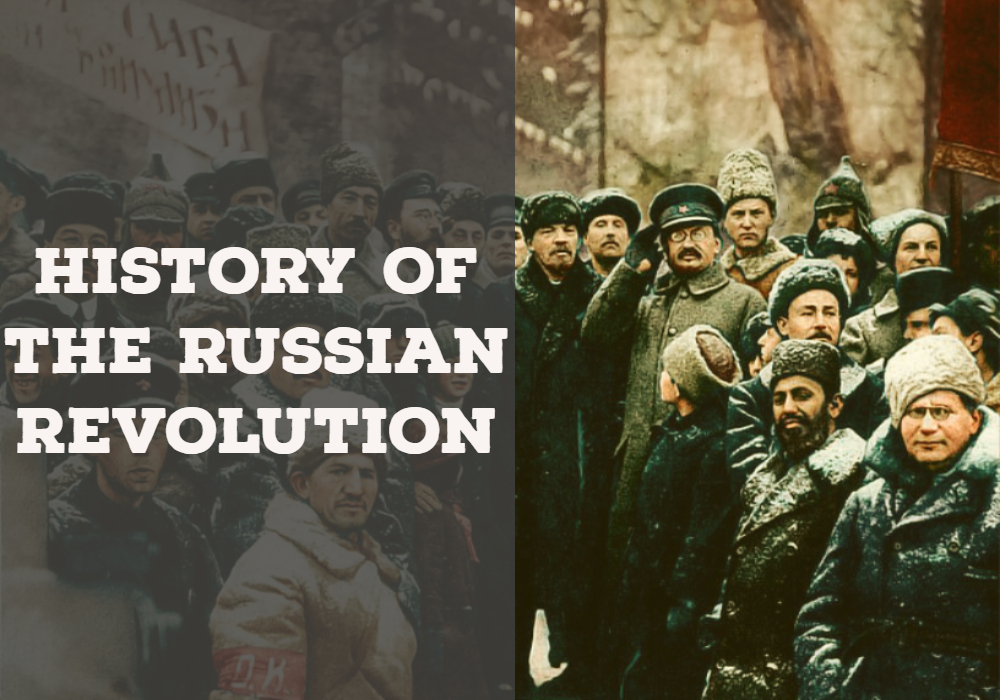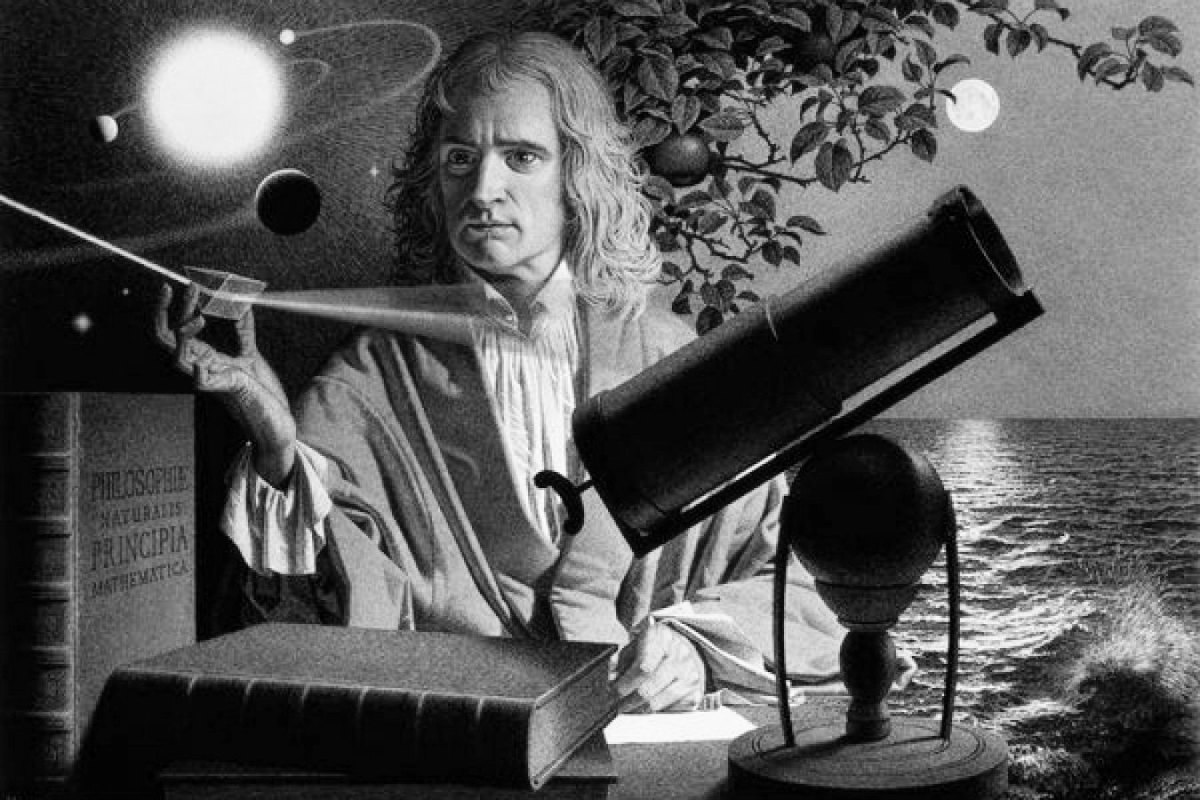
The Revolution Betrayed - a Marxist Masterpiece
The Revolution Betrayed is one of the most important Marxist texts of all time. It is the only serious Marxist analysis of what happened to the Russian Revolution after the death of Lenin. Without a thorough knowledge of this work, it is impossible to understand the reasons for the collapse of the Soviet Union and the events of the last ten years in Russia and on a world scale. For Marxists, the October Revolution of 1917 was the greatest single event in human history. If we exclude the brief but glorious episode of the Paris Commune, for the first time the working class succeeded in overthrowing its oppressors and at least began the task of the socialist transformation of society.










